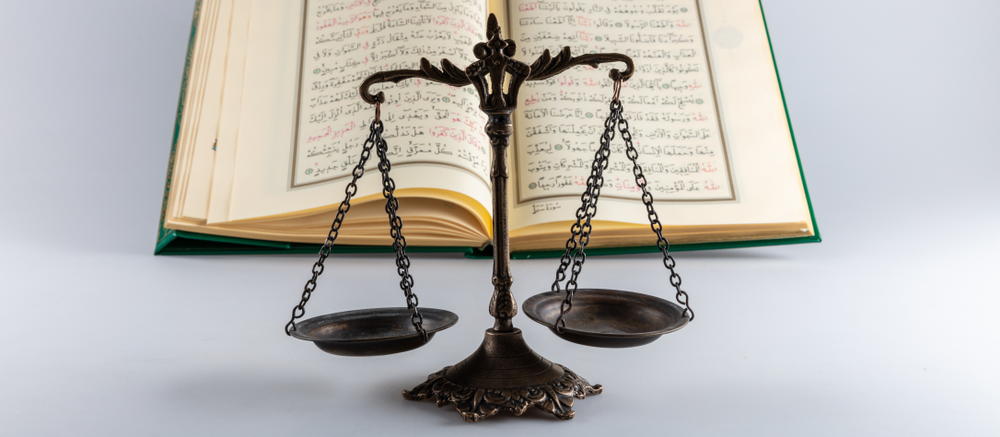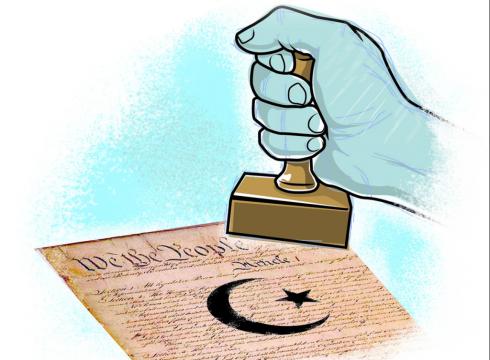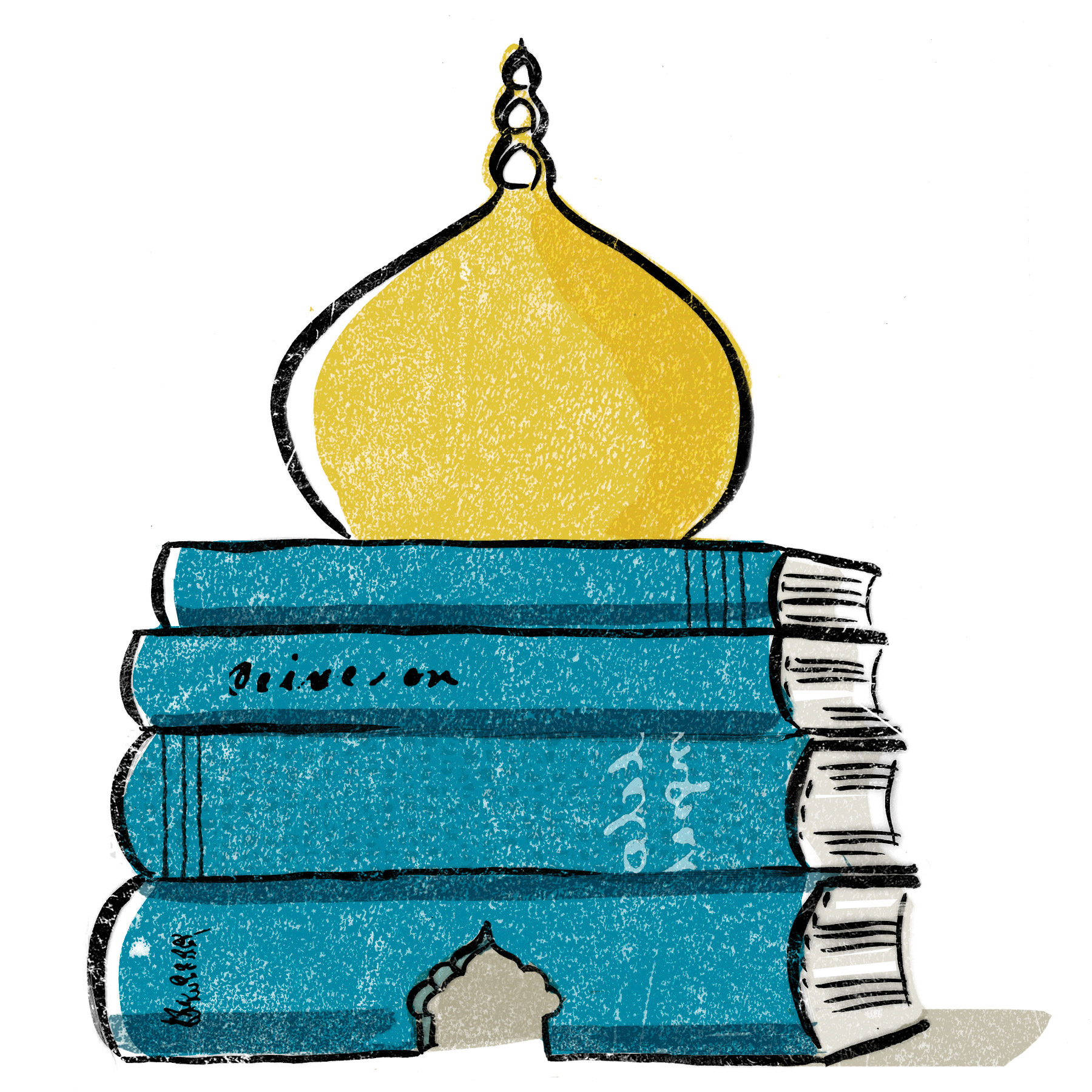I urge our leaders whom we see as custodians of our culture, norms and values to lead by example and to encourage the Hisbah to discharge their duties without fear or favor, only then would the people (Muslims and non-Muslims) understand and believe that Islam is a religion of justice, fairness and equity.

Few days ago, I came across a post on Facebook that is linked to the Kano Hisbah authority. The statement was “We can only arrest the poor people because Islam frowns at public criticism of leaders”. I paused to ponder and asked myself a rhetorical question. Who is/are the leader(s) in this case? Could it be Yusuf Buhari or Zahra Bayero? Because I know the rationale behind such statement by Hisbah was as a result of the public outcry to Hisbah to punish (even though we all know is not going to be possible) or call Zahrah Bayero to order as it normally does to others.

On 4th of August, 2021 Zahrah Bayero was seen in a video dressed in a way and manner that contradicts Islamic injunction and Northern costumes. People expected Hisbah to take action or call her to order. But all we could get is a silent response and a vexatious statement from their leader as highlighted above.
Hisbah, on 23rd August, 2021, arrested a Kannywood actress and a social media blogger, Sadiya Haruna, for “uploading sexual contents on her social media handles”. Whereas on 24th August, 2021 Ummah Shehu a Kannywood actress debunked the arrest of her friend (Sadiya Haruna) by Kano Hisbah board. She further accused some of the top Hisbah officials for womanizing. The Hisbah summoned Ummah to appear in their office with facts to buttress her claim or risk being sued to court for libel. We are yet to hear from the board whether she honors their invitation or not.
Last year, Hisbah called out Kannywood actress, Rahma Sadau, over the photographs she shared on Twitter. A petition was filed against her for indecent dressing. We cannot deny the fact that Hisbah (Islamic police) has contributed immensely towards ensuring moral standards in Kano state. But what we do not like is their double standard when discharging their onerous duties.
Now let me tilt my discussion to capture the title of this article ‘Hisbah’s nauseating double standard is a radical deviation from the Islamic injunction
Shari’a law should not be politicized as evident in the way Hisbah runs its affairs or carries out its mandate. It is, no doubt, partial and one sided in its application of its ‘Sharia’. Note that I said its ‘Sharia’ because Allah’s sharia does not discriminate between the VIPS and the riffraff. Allah is Al-Adl (The Just) and so is Islam a religion of justice.
Few years ago, when Dr. Goodluck Jonathan was the President of Nigeria, so many Islamic clerics criticized him publicly on the ground of bad governance and insecurity. Where was the Hisbah then? Why didn’t Hisbah criticize the critics of Jonathan that he (Jonathan) is a leader and leaders are not criticized?
Did they just realize that leaders are not to be criticized?
To set the record straight, in Islam, it does not matter whether one is rich or poor, literate or illiterate, ugly or beautiful when it comes to the issue of justice. Unlike the way Kano Hisbah commander tries to present it to be something different. This action of lopsided punishment by Hisbah has enabled many people who know little or nothing about Islam to open their gutter (stinking mouth) and dish out derogatory remarks about Islam and its principles.
Hisbah should study or review the life of Prophet Muhammad (S.A.W), and see how he treats the rich and the poor equally. During the time of the Prophet, some wealthy Kuffar (unbelievers) of Makkah (Abu Jahl and his likes) came to the Prophet, stating that the following conditions must be met before they accept Islam. They wanted different time of Namaz (Five daily prayers) for the rich and the poor as they cannot afford to stand shoulder-to-shoulder with the poor who are in the majority. They also demanded a separate time for the rich and the poor to meet with the prophet as the rich (unbelievers) cannot afford to sit under the same shade with the poor. The prophet rejected their suggestion because Islam is a religion that does not segregate between the rich and the poor. Both the rich and the poor are equal in the side of Allah; “The best of you in the sight of Allah (SWT) is the most righteous of you” (Qur’an 49:13).
Alhamdulillah the Prophet disappointed the Kuffar by frowning at their request. If the request of Abu-Jahl and co was granted, Hisbah would have used that as a yardstick to justify their action of punishing only the poor.
The statement by the Hisbah commander is totally baseless. If you cannot criticize the leaders publicly, do you have access to them to engage them intellectually to make them see the wrongs in their doings? Even if you have access to them, you cannot defend this. Think about it.
Hisbah is becoming notorious for double standard, thus, seen in the eye of the public as a mere tool in the hands of capitalists to perpetuate the subjugation of the proletariat.
Wrong is wrong irrespective of who is involved.
Last week, a disappointed Sheikh, Nura Khalid, (Digital Imam), called on the President, Muhammadu Buhari, via a live video to protect the lives of ordinary Nigerians and ensure things get back to normalcy. Would the Hisbah commander claim to know the Islamic law more than the Sheikh that embark for that public criticism?
Could it be that Dr. Isa Ali Pantami (Minister of Communication and Digital Economy) was ignorant of the unlawfulness of publicly criticizing leaders when he serially did that during Jonathan’s years as Nigerian President?
I implore the Hisbah to be moderate and fair in the discharge of their duties. Their action has made some Muslims to think of renouncing their faith after Hisbah punishment was mated out on them. For instance, a young boy in Kano state vowed not pray after his hair was forcibly scrapped and was given thirty strokes of cane by Hisbah. Though Alhamdulillah, he later started praying after efforts were made to make him reason-he was politely admonished.
Our leaders should learn from Abubakar Siddique (RA), the first Khalifa in Islam after the Prophet. He was wealthy and influential but never viewed himself different from others who were below him in status.
I urge our leaders whom we see as custodians of our culture, norms and values to lead by example and to encourage the Hisbah to discharge their duties without fear or favor, only then would the people (Muslims and non-Muslims) understand and believe that Islam is a religion of justice, fairness and equity.
Ibrahim Jabir Isah
Ibrahimjabir62@gmail.com



















